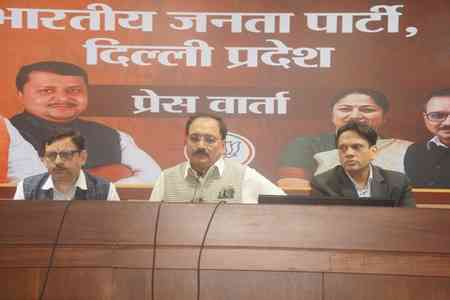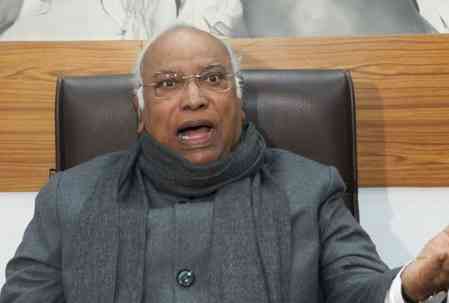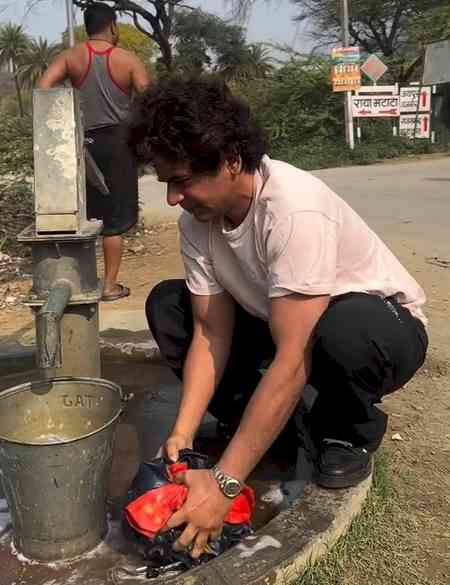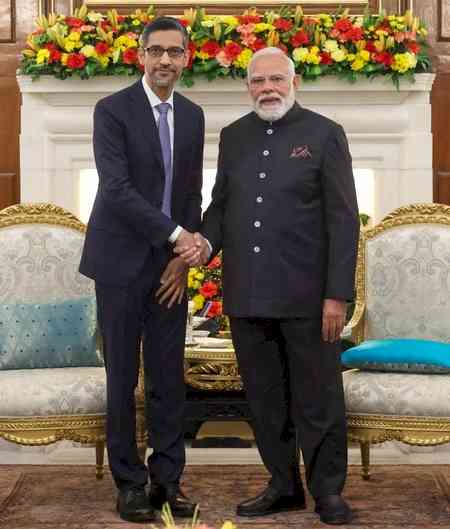Standing Committee recommends Environment Ministry revisit its monitoring framework
The Parliamentary Standing Committee has recommended that the Ministry of Environment to revisit its monitoring framework to ensure that the data captured is not just quantitative but also qualitative.
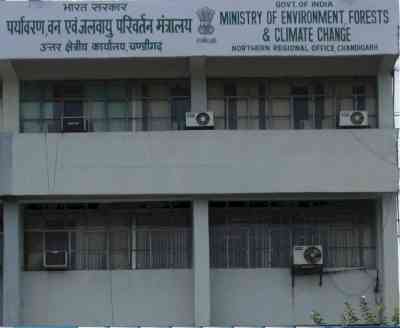
New Delhi, March 16 (IANS) The Parliamentary Standing Committee has recommended that the Ministry of Environment to revisit its monitoring framework to ensure that the data captured is not just quantitative but also qualitative.
In its report, the parliamentary panel noted that the data provided by the Ministry seems very counter intuitive from what the public experiences at large.
"While data on PM10 levels suggests that 95 cities out of the 131 non-attainment cities have shown improvement, the public experience at large differs. It is therefore pertinent that the monitoring framework should also include a parameter on 'public experience and social audit'. This shall enable the Ministry to capture the public aspirations in a more holistic manner and shall be helpful in more efficient implementation of NCAP and other measures to control pollution," said the Demand for Grants report (2023-24) of Ministry of Environment, Forest and Climate Change.
The Committee underlined the efforts taken by the Ministry towards control of pollution, and especially air pollution, through the National Clean Air Programme.
In its report, it said that the Ministry should engage with stakeholders, especially with the public representatives from each of these non-attainment cities and establish a channel of two way communication.
"This 360 degree approach shall go a long way in making the fight against pollution a cumulative effort with increased public participation. Inclusion of matters relating to NCAP in the meetings of the District and State level DISHA Committees shall enable active monitoring of progress under NCAP," said the report.
The Committee also recommended that levels of PM2.5 and smaller particles may also be monitored under the National Clean Air Programme more robustly across all cities. In addition, the City Action Plans pertaining to the targeted cities are made available on public portals of the Ministry, promoted through social media, disseminated to schools, colleges, offices, RWAs, etc.
The report noted that there is a general upward trend in B.E allocation under the 'Control of Pollution'. Whereas the actual expenditure in 2020-21 was Rs 267 crore, the B.E. allocation in 2023-24 is Rs 756 crore. "This is an increase of almost 200 per cent. The Committee is encouraged to see and appriciates that the actions of the Ministry are being backed by a higher budgetary allocation year-on year. The Committee also notes the physical achievements of the Ministry during 2021-22 and 2022-23 which have been taken towards strengthening the State Pollution Control Board, NAMP stations assisted, initiatives taken for monitoring of pollution etc," said the report.



 IANS
IANS 
